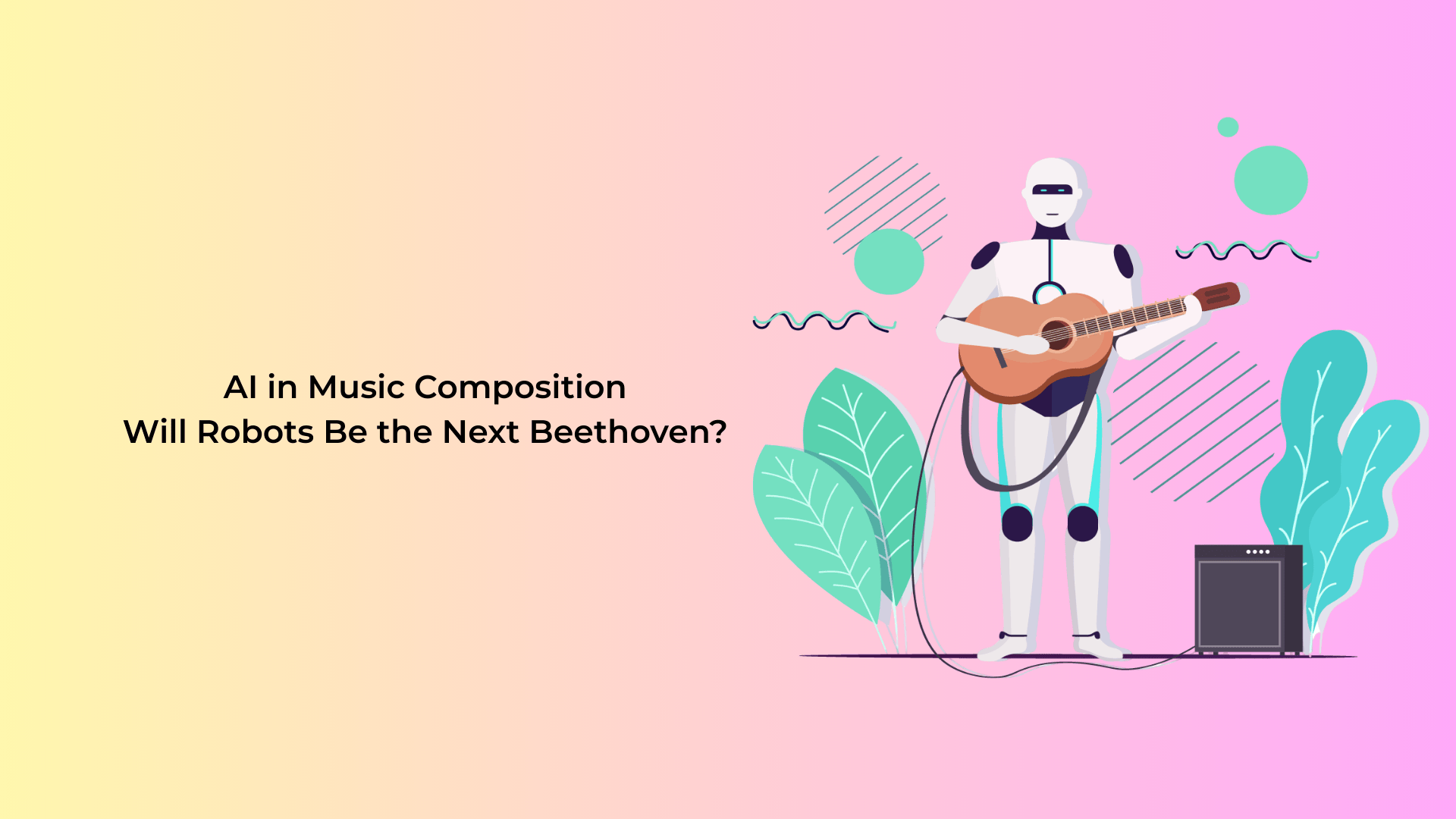Artificial Intelligence has made its way into every creative domain, and music is no exception. From composing symphonies to generating viral beats, AI is changing how music is made. But this leads us to a profound question: Can machines ever rival the genius of human composers like Beethoven?
How AI Composes Music
AI in music composition works by analyzing massive datasets of existing music patterns, rhythms, chord progressions, and melodies and generating new compositions that mimic those styles. Machine learning models like OpenAI’s MuseNet and Google’s Magenta can already produce pieces in genres ranging from classical to jazz, EDM to pop.
Some tools go further, letting users feed a melody, mood, or instrument preference, and the AI completes an entire track. The result? Seamlessly composed music in seconds.
Benefits of AI in Music Creation
- Speed & Efficiency: In minutes, AI can create background scores for videos, games, or advertisements.
- Cost-Effective: Small creators or indie developers can access quality compositions without hiring composers.
- Endless Inspiration: AI-generated melodies can inspire human musicians stuck in a creative rut.
Can AI Be Creative?
This is where the debate heats up. While AI can replicate style and structure, how can it feel? Can it express heartbreak, joy, rebellion, and the raw emotions behind great music?
Beethoven’s music wasn’t just technical brilliance; it was deeply emotional, often influenced by his life experiences. At least for now, that human depth is hard for AI to replicate authentically.
Collaboration, Not Competition
Instead of viewing AI as a replacement, many musicians embrace it as a collaborative tool. AI can help generate ideas, harmonize melodies, or even simulate historical styles, giving artists a new palette of creativity.
For example:
- Composer Taryn Southern released an album co-created with AI.
- YouTubers and indie artists use AI-generated loops as foundations for original songs.
The Future: Will Robots Be the Next Beethoven?
AI may never replace the soul of a human composer, but it’s undoubtedly becoming a powerful partner. As algorithms grow more sophisticated, we may witness a new era where artificial and human creativity blend seamlessly, giving rise to musical forms we have never heard before.
So, while robots may not be the next Beethoven, they might help you become one.

